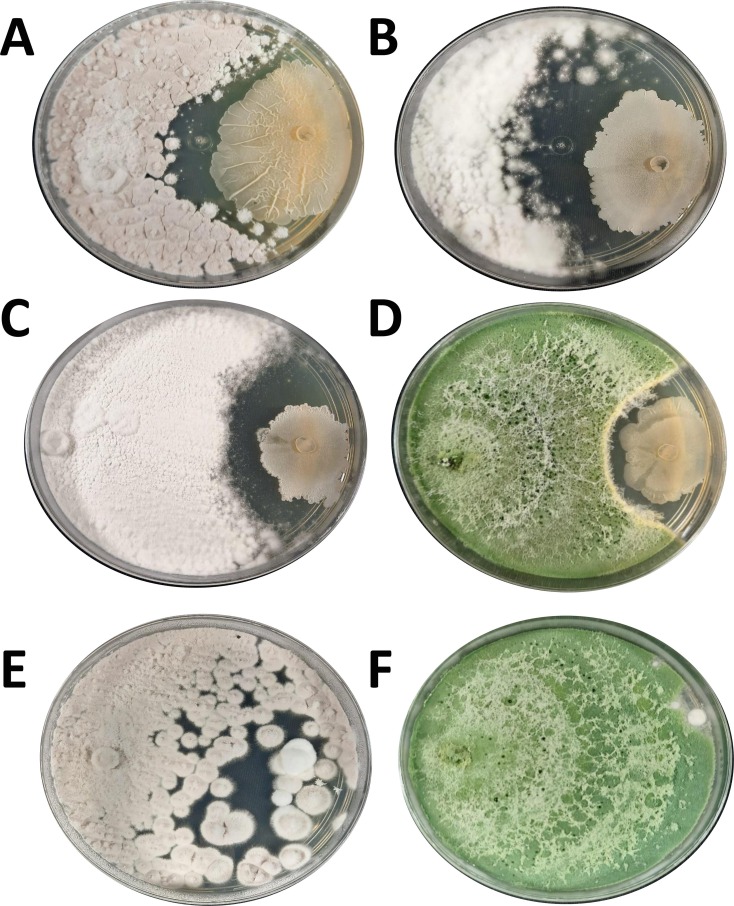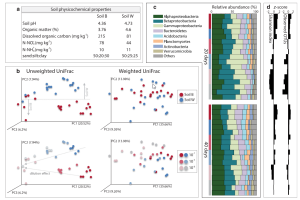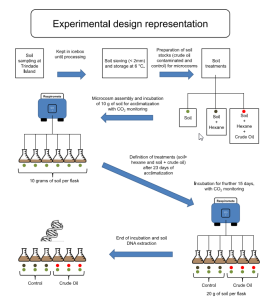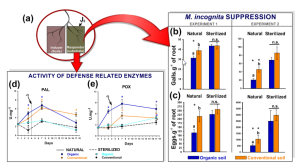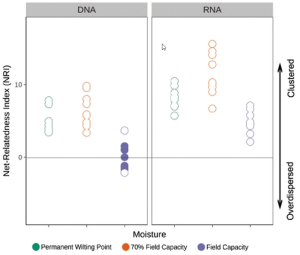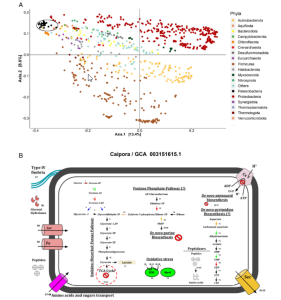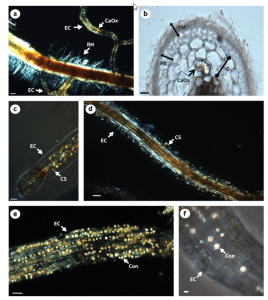Highlights
- Applying mixtures of microbial species/strains provides plant health benefits.
- Microbial compatibility is vital for consortium development.
- Consortia enhance microorganism performance to control plant disease.
- Field studies are needed to optimize the use of microbial consortia.
- In Brazil, multi-microbe biopesticides are becoming more common.
Abstract
Beneficial microbes play crucial role in modern agriculture, serving as biopesticides, biostimulants/biofertilizers, and alleviating abiotic stress in crops. Their multifaceted functions contribute significantly to crop health and sustainability, aligning with the principles of regenerative agriculture by minimizing carbon footprints and reducing dependence on agrichemical inputs. The concept of ‘microbial consortia’, involving the combination of multiple fungal and bacterial species or strains, has gained recognition for its potential advantages over single species/strains applications. This method aims to employ a spectrum of ecological functions, encouraging biological equilibrium within agricultural systems. Recent research highlights how microbial consortia can directly and indirectly enhance plant health, through various mechanisms and interactions with their host plants. This review presents examples demonstrating the efficacy of microbial consortia as biopesticides and biostimulants/biofertilizers. These consortia exhibit potential in managing plant diseases and pests, while also promoting plant growth and mitigating specific abiotic and biotic stresses in crops. This review examines real-world examples considering instances of success and failure, discusses methodologies employed for evaluating interactions, and also addresses challenges in the selection, production, and application of optimal microbial consortia for agricultural use providing valuable insights in the current and future prospects of microbial consortia in modern agriculture.


